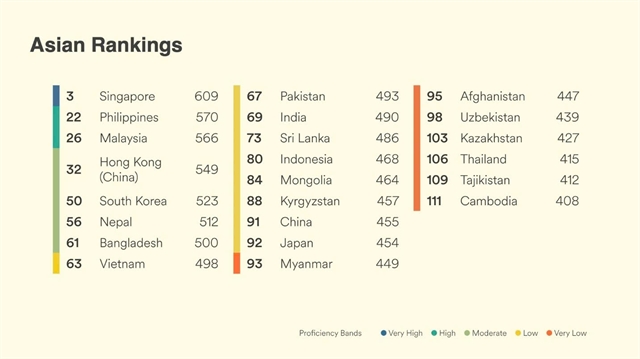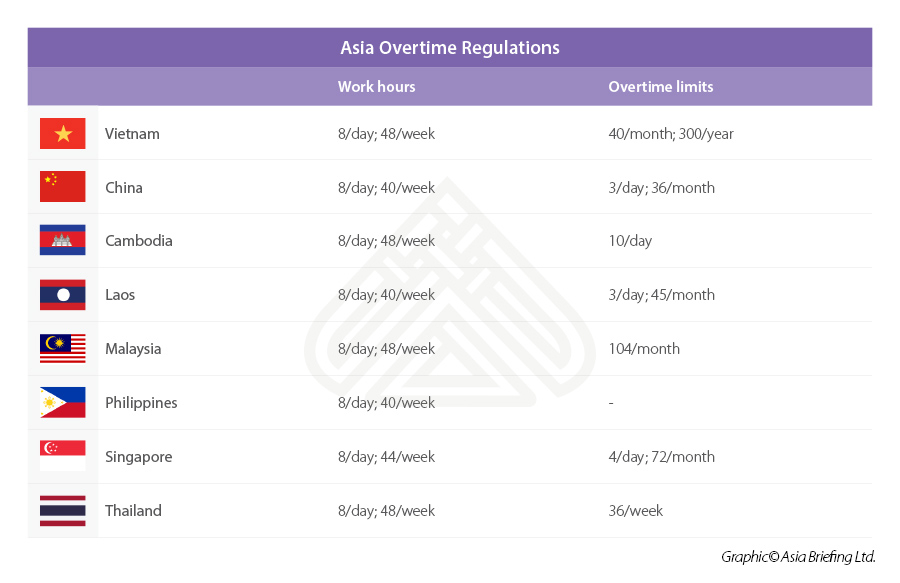
Vietnamese Working Spirit: Why the Vietnamese Work Ethic Stands Out
Every business needs a strong degree of commitment from its employees.
Employees who feel passionate about what they're doing and make a personal investment in the businesses success. Committed employees do whatever it takes to excel, even if it means taking on extra tasks, or staying with the task until it's completed.
Vietnam is home to nearly 100 million people, with a young and dynamic population—around 38% are under the age of 25, and nearly 70% are of working age (15–64). This demographic profile provides companies worldwide with access to a motivated, educated, and adaptable workforce. Vietnamese professionals are increasingly recognized not only for their technical skills but also for their commitment, discipline, and willingness to learn.
At Remote Resources, we believe this combination of youth, education, and resilience makes Vietnamese talent a strategic asset for growing companies.
In this article, we will explore the key reasons why Vietnamese workers are renowned for their strong work ethic and why businesses across industries can confidently rely on them to support growth and innovation.
1) Vietnamese work ethic and a young, motivated talent pool
Vietnamese love to study and are dedicated professionals when entering the workforce. They are taught that the harder they work, the more successful they will become.
With an adult literacy rate of over 96%, Vietnamese workers are well prepared to serve in high-skilled industries like information technology, pharmaceuticals, and financial services-at a more competitive cost than many countries in the region.

These instincts meet favorable demographics. Vietnam's working-age share sits around 68% a structure that supports fast skill accumulation and quick adoption of new technologies. Youth unemployment remains comparatively low: estimates put it at 6.3% in 2023 and 6.8% in 2024, well below the global average of ~16%.
This means young entrants are not only finding work but also learning by doing-an essential ingredient of workforce development.
2) Structured, rigorous education system
Vietnam's education system is one of the key drivers behind its work ethic. Students undergo 12 years of formal schooling-pre-primary, primary, secondary, and high school-before choosing a path toward university or vocational training.
High school lasts three years and finishes at age 18, with compulsory subjects ranging from mathematics and literature to foreign languages and information technology. Depending on their chosen track, students can move on to specialized secondary education, vocational training, or university.
The National Graduation Examination, held every June, remains a rigorous gatekeeper. Students must demonstrate proficiency across multiple subjects to continue into higher education.
Recent reforms, including the 2018 General Education Curriculum, modernized subject groupings and added electives while keeping a demanding core curriculum. This framework ensures graduates enter the workforce with discipline, breadth, and measurable standards-qualities employers value.
3) Cultural respect for teachers and learning
Vietnamese culture places a deep emphasis on academic achievement and the role of educators. Each year, the nation celebrates Teachers' Day (November 20), a symbolic reminder of the respect accorded to education.
Families routinely invest heavily in schooling. Parents often make personal sacrifices to pay for extra tuition, while older siblings contribute to the education of younger family members. Beyond financial support, there is an ingrained belief that academic perseverance translates into professional success.
This cultural framework creates professionals who are not only disciplined but also resilient. Employers frequently cite this mix of persistence and respect for standards when describing the Vietnamese working spirit.
4) Family investment and intergenerational support
The family unit plays a powerful role in shaping Vietnam's workforce. As noted, it is common for families to pool resources-parents sacrificing income and older siblings contributing wages-to fund younger relatives' education.
This collective approach creates employees who are accustomed to long-term goal-setting, shared responsibility, and persistence. In the workplace, those habits translate into continuous improvement and accountability.

While more than 70% of Vietnam's workforce historically lacked formal training credentials, that gap is narrowing as certificate- and diploma-level programs expand. Reports confirm that 28.3% of the labor force now hold training certificates, and the number continues to grow as firms co-invest in training with local institutions.
5) Vocational training turns discipline into employable skills
Vietnam's government has invested heavily in vocational education and training (VET) to transform natural diligence into professional skill. As of 2021, the country maintained roughly 1,100 vocational institutes with a goal of 1,800 for 2025, including colleges, secondary schools, and training centers spread nationwide.
These institutions improve not only vocational standards but also foreign language and digital skills. International benchmarks show steady progress: Vietnam's English Proficiency Index places it consistently above regional peers, outperforming Pakistan, India, Sri Lanka, Indonesia, China, Japan, Myanmar, Thailand and Cambodia!

Employers confirm the payoff-new hires enter the workforce better prepared, and job-readiness has improved markedly in recent years.
6) "Hard-working" isn't just a stereotype-data backs it up

Vietnamese workers are consistently recognized for their willingness to go above and beyond. Surveys from the General Statistics Office (GSO) show average weekly hours worked at around 42 in 2022, with many employees putting in additional hours, especially in manufacturing during peak seasons.
Vietnam's Labor Code sets a standard 48-hour workweek with caps on overtime, but in practice many employees voluntarily extend their hours to meet deadlines-living proof of the "do whatever it takes" mentality described at the outset.
Combined with high literacy, expanding vocational credentials, and steady youth employment, these habits provide exactly what global investors want: reliable, trainable, and resilient teams.
7) From working spirit to strategic capability
Possessing the qualifications to do the job well, highly skilled Vietnamese workers continue to stand out for their extraordinary work ethic. Youth remains the defining characteristic of the country's human resources-healthy, motivated, and eager to master new skills in a fast-changing technological age.
This resilience is why sectors with high standards-semiconductors, electronics assembly, IT delivery centers, and cloud operations-are scaling in Vietnam.
Recent reports from the Financial Times and Reuters highlight Vietnam's growing footprint in semiconductors and data-center infrastructure, growth that is only possible in a disciplined, adaptable labor market.
Conclusion
Vietnam's "working spirit" isn't marketing-it's a blend of culture (respect for teachers and learning), structure (a 12-year schooling system with rigorous exams and modernized curricula), investment (a nationwide VET network), and outcomes (high literacy, steady youth absorption into the labor market, and solid English proficiency).
At Remote Resources, we believe these qualities make Vietnamese talent not just available, but dependable and strategic.
For businesses looking to build long-term capabilities in IT, services, or high-tech manufacturing, Vietnam's workforce offers exactly what's needed: a foundation of discipline, resilience, and commitment that drives success.









